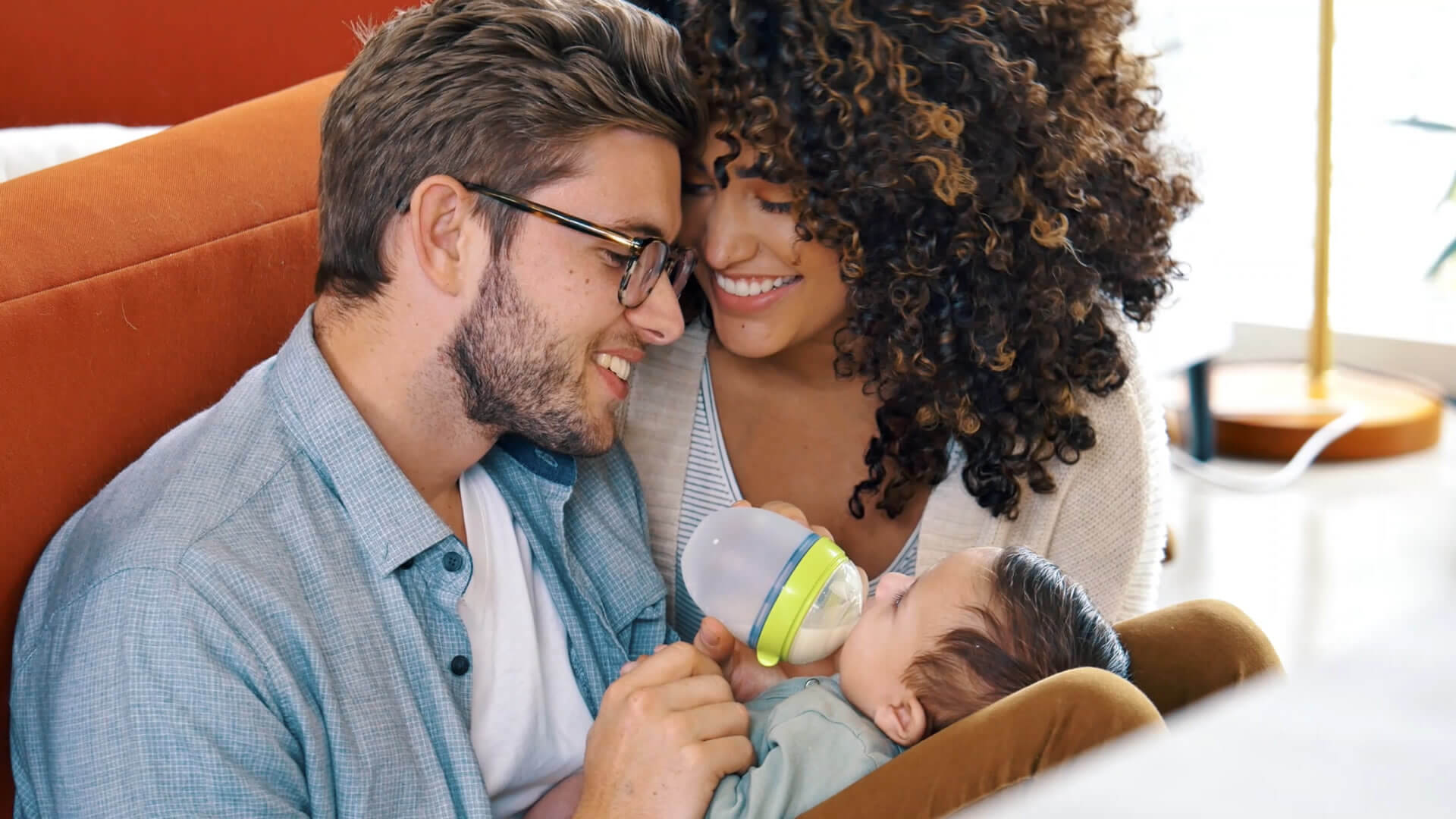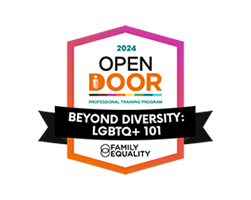Many women wonder if donating eggs to women who are infertile can affect their fertility later in life. There has been research that has been done over the years to help answer that question for those concerned.
Egg donations have been offered to infertile couples since the 1980s. As this form of assisted fertility treatment began to gain popularity so did the need for those selfless women who donate their eggs. It has been a concern to some that stimulating the ovaries through hormones can cause long-term damage. The hormones are used to encourage production of the extra eggs during the egg donation cycle. Others believed that removing the eggs from the donor could later increase her infertility.
These concerns spawned a research study to take place to determine if there were long-term fertility effects on those women who were one-time egg donors. This research study consisted of 194 women that donated eggs between the years of 1999 and 2010 at the Belgian center. At the time that these women were egg donors, they were an average age of 30.
The surveys studied were conducted between four and five years after they participated as egg donors. 60 of the women who were surveyed reported that they became pregnant after they completed the egg donation cycle. Of the 60 women, 57 of them became pregnant with no help conceiving. The other three women did need fertility help when trying to get pregnant. However, two of those three sought treatment because their partners had fertility issues. These results made it appear as though the ability to conceive children after participating in a cycle of egg donation was not an issue.
One of the problems noted was that in some women there were temporary changes in their menstrual cycle. The menstrual cycle can be disrupted by hormonal changes in a woman. Therefore, in some women, the hormones used to stimulate the ovaries changed their menstrual cycle similar to that after discontinuing birth control.
In the United States, in 2009, there were approximately 12% of all fertility treatments used an egg donor. Some still believe that the risks of trauma to the ovaries or early menopause are reason enough to have extreme caution when becoming an egg donor. However, there have been no studies that have been able to corroborate these concerns.
 Every woman that takes on the amazing challenge of being an egg donor places themselves in a small group of their own. Becoming an egg donor is not something that one takes lightly, it is a decision that is thought about, pondered over, and then decided based on the best options for that woman. Providing a family with a child they may never have had can be a reward on its own. But knowing that no studies have concluded that there is long-term permanent damage as a result of being an egg donor can always make egg donation a more secure decision and experience. To hear more of the experience some donors have had watch this video. To read more on the risks of Egg Donation, read this blog.
Every woman that takes on the amazing challenge of being an egg donor places themselves in a small group of their own. Becoming an egg donor is not something that one takes lightly, it is a decision that is thought about, pondered over, and then decided based on the best options for that woman. Providing a family with a child they may never have had can be a reward on its own. But knowing that no studies have concluded that there is long-term permanent damage as a result of being an egg donor can always make egg donation a more secure decision and experience. To hear more of the experience some donors have had watch this video. To read more on the risks of Egg Donation, read this blog.

We help Intended Parents Create Happy Families via Egg Donation & Surrogacy with the help of caring Egg Donors & Surrogates.
Donor sibling registry, egg donation process, Egg Donor Solutions, Intended Parents, Why use an agency?, Intended Parent Resources, Intended Parent Webinar, Getting started, Why our agency?, Selecting your donor.





